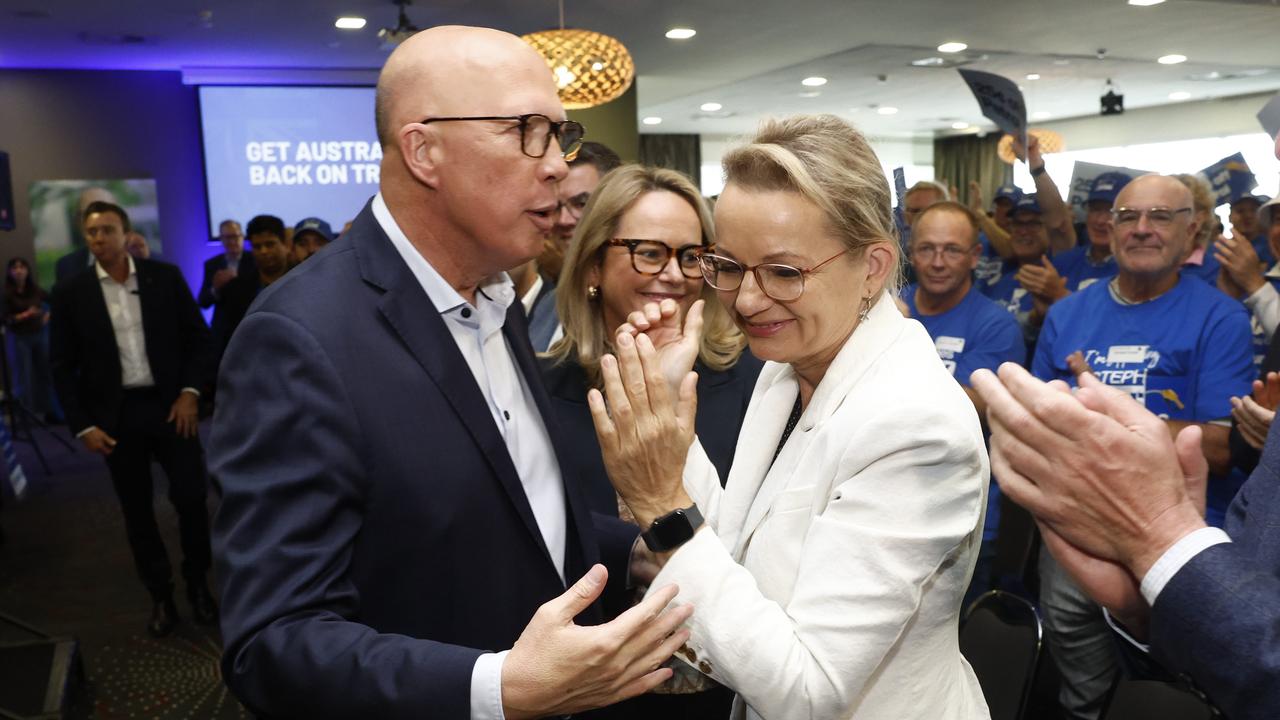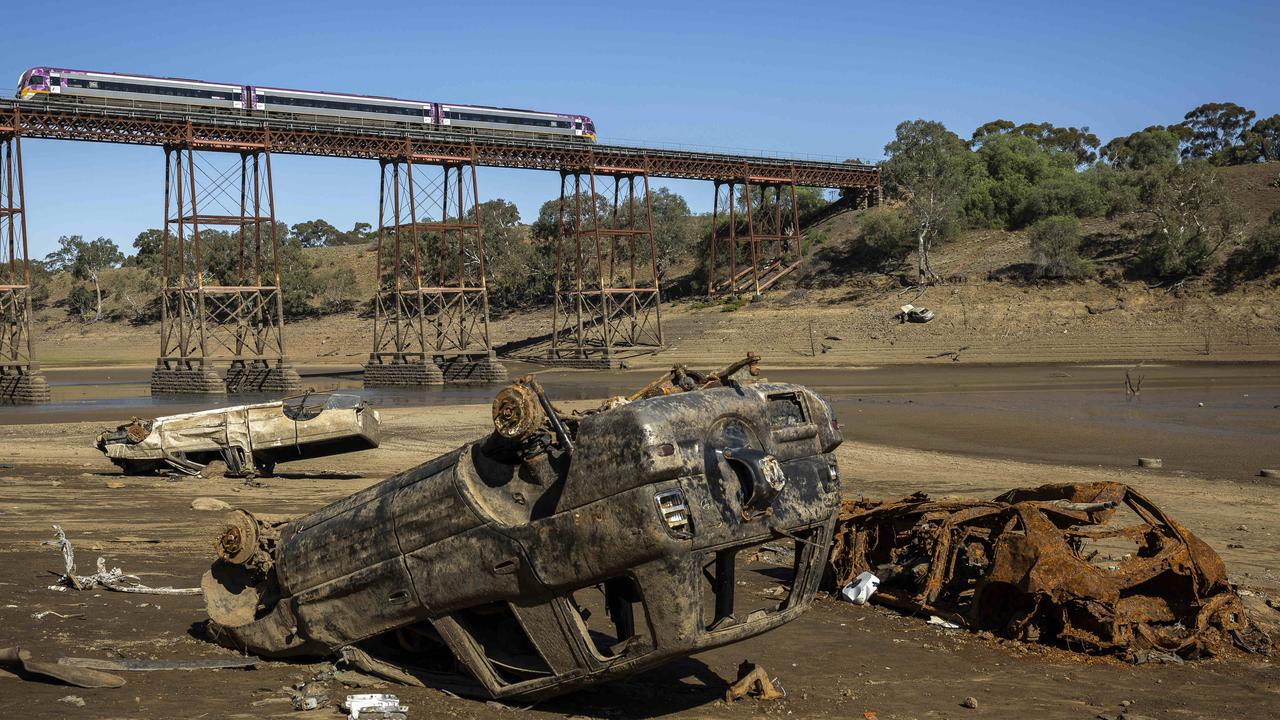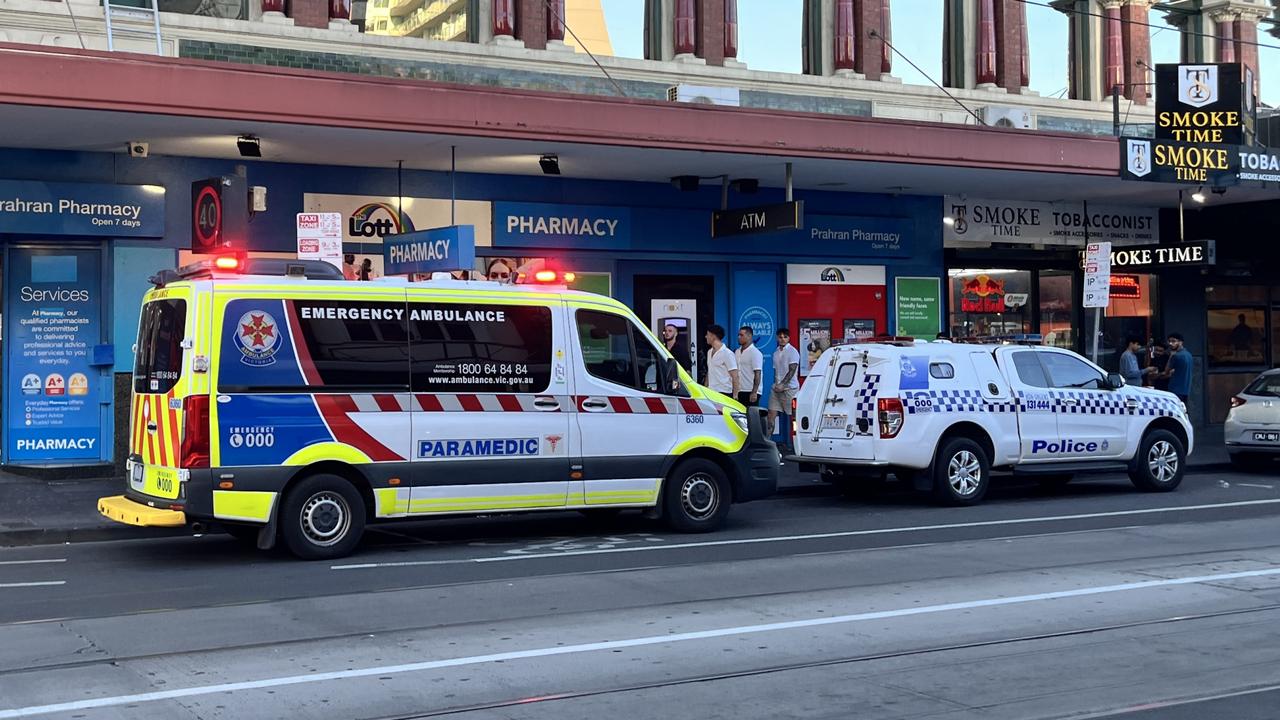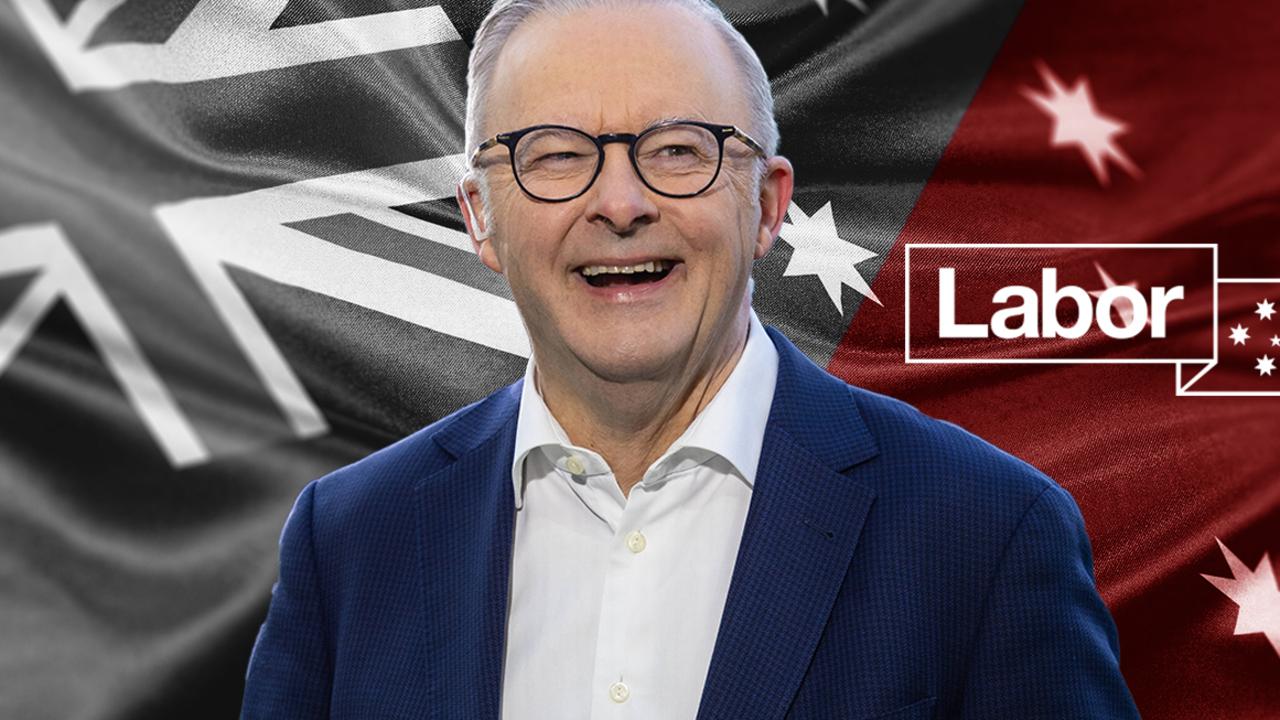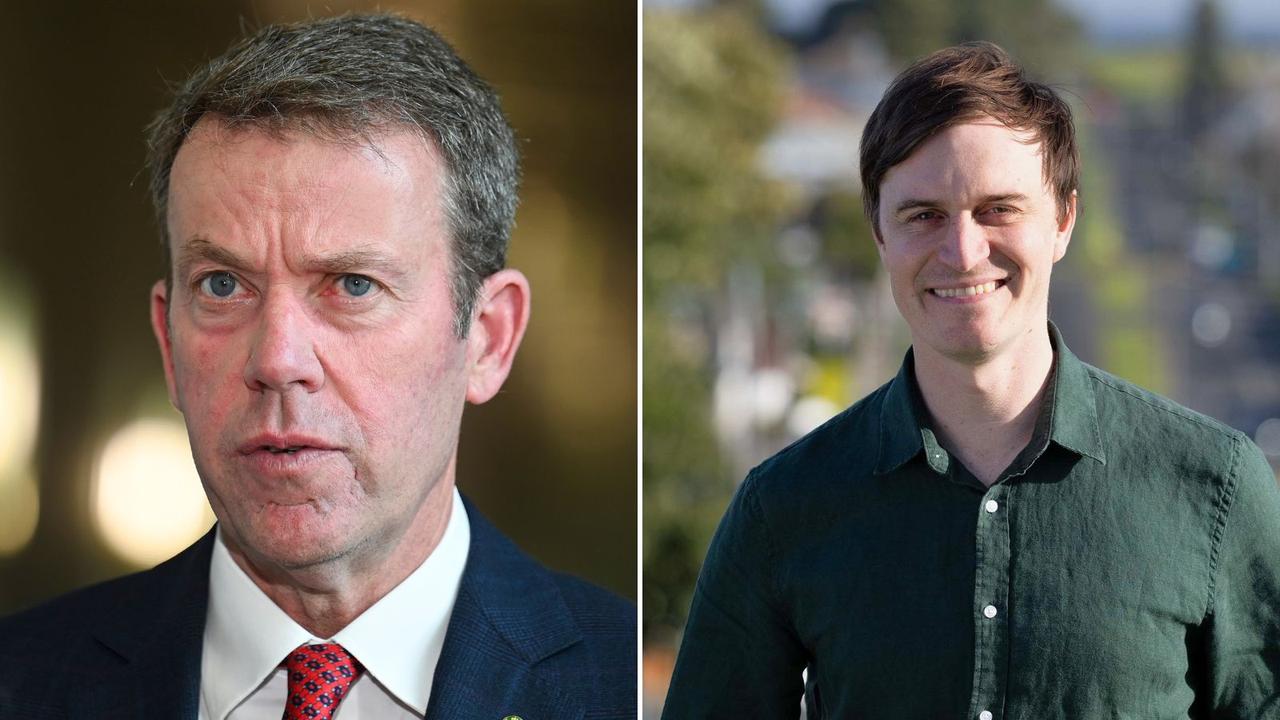How did the regional independents perform in the election?
Some independents exceeded expectations, while others came up short in a mixed night for the third-way movement. Here’s why.
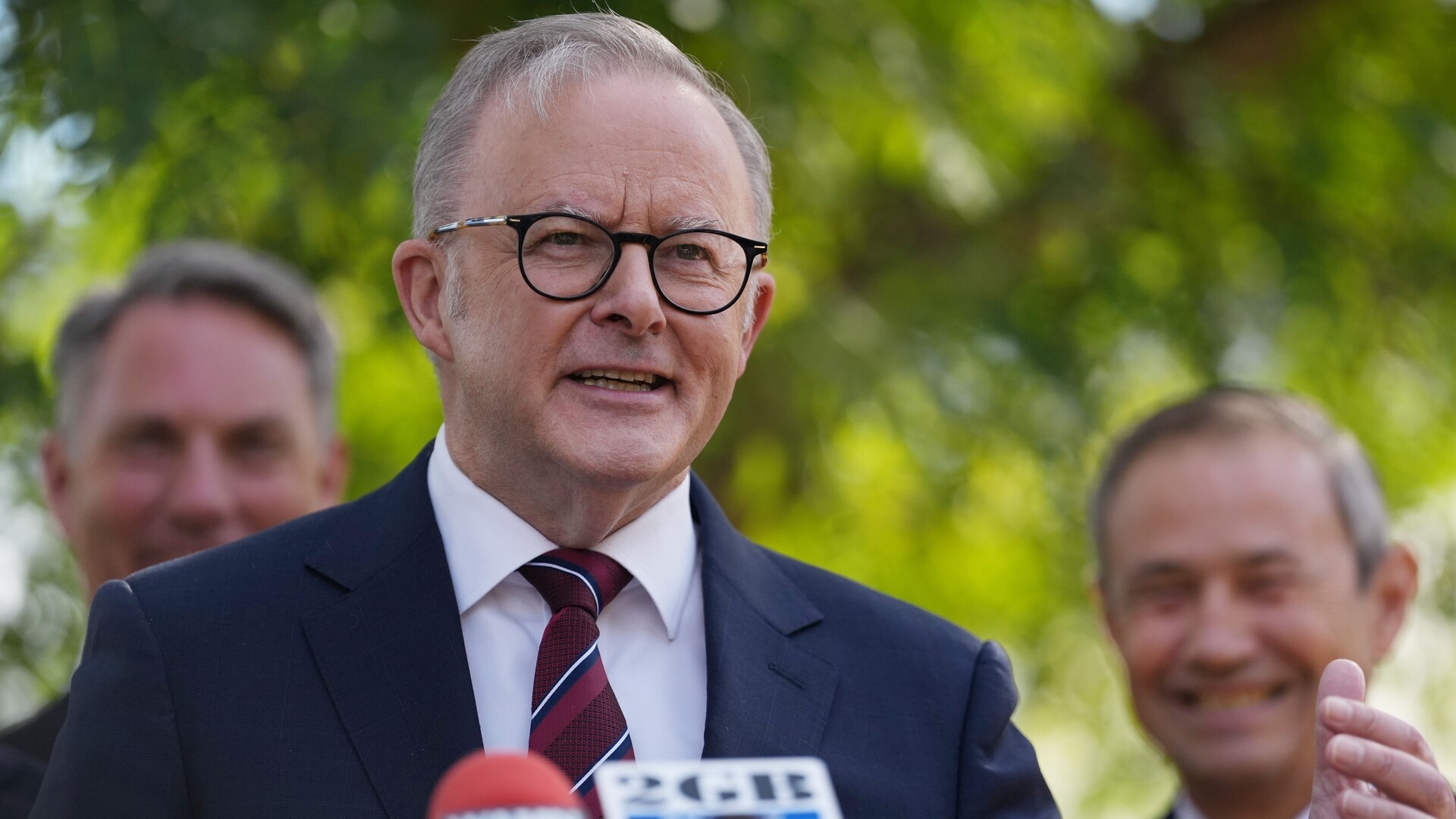
Victoria
Don't miss out on the headlines from Victoria. Followed categories will be added to My News.
Rural independents experienced a mixed night across Australia with some surprise successes and failures depending on the electorate.
Unofficial leaders of the rural non-aligned movement — Indi MP Helen Haines and Mayo MP Rebekah Sharkie — easily retained their electorates on Saturday night but several high profile challengers fell short.
In Wannon, Liberal MP Dan Tehan looks poised to retain his Western District electorate against independent challenger Alex Dyson.
Mr Tehan received 42.6 per cent primary vote, Mr Dyson pushed across the 30 per cent threshold with Labor candidate Fiona Mackenzie barely receiving 10 per cent of the vote.
In Monash, two independent contenders — ex-Liberal MP Russell Broadbent and teal challenger Deb Leonard failed to get into the top two primary vote positions.
Liberal Party candidate Mary Aldred is set to be the east Gippsland electorate’s new representative, winning more than 32 per cent of the primary vote with Labor challenger Tully Fletcher on 20 per cent.
In regional NSW, a three-horse race in Calare was hanging in the balance.
No candidates had broken the 30 per cent primary vote as of Saturday night, but independent candidate Andrew Gee called it in his favour.
National Party flag-bearer Sam Farraway has had an 18 per cent swing against him on primary votes, with Andrew Gee’s independent campaign significantly eroding the National Party support base with 23.4 per cent.
Independent Kate Hook had reasonably strong standing with a primary vote of more than 16 per cent, pushing Labor candidate Julie Cunningham into fourth place with 10 per cent.
Gee, at his election function at the Orange City Bowling Club, said the Nationals were yet to concede but that he had won the race.
“It’s been a David and Goliath battle,” he said. “We’re all just relieved and exhausted, our team colours are navy and orange, and the orange line was definitely stretched during this campaign but it never broke.”
He said his efforts were “basically a self-funded campaign” with help from family, friends and community donors.
It was his first time vying for the seat as an independent, after leaving the National Party.
“It’s very different, we didn’t know what the result would be. When you take on a massive party machine you know they’re going to throw everything at you and the National Party certainly did,” he said.
Gee said he would focus on cost of living, rural doctor shortages, a “workable” energy policy, and protecting prime agricultural land.
He pledged alongside Bob Katter to introduce a bill to parliament to protect farmland.
“It’ll be a tough fight because the government will probably have to be dragged into it, and pushed into it, but I think we have a really strong case for it,” he said.
“There’s got to be some work done on what our bill will look like, but we’re up for it.”
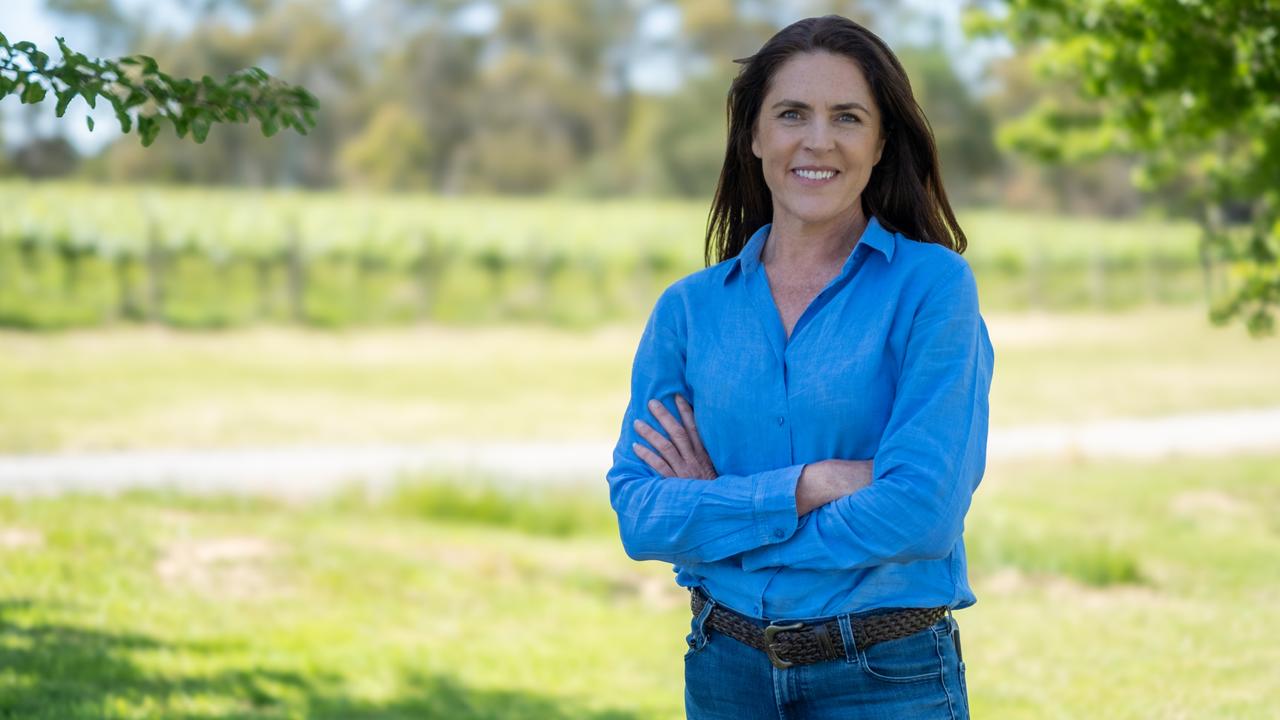
Meanwhile in Cowper, Nationals incumbent Pat Conaghan will likely keep his seat by a close margin, as he leads by 0.64 per cent, or 818 votes, on Saturday night.
Conaghan’s tally has reached 15,853 votes while independent runner-up Caz Heise has 15,035.
Cowper has 131,719 people enrolled to vote, with 52,188 votes counted so far.
On the Mornington Peninsula, Flinders Liberal MP Zoe McKenzie had her primary vote sliced by more than 6 per cent following an independent challenge from businessman Ben Smith.
Ms McKenzie achieved a primary of 37 per cent, with Mr Smith on 24 per cent, pushing Labor candidate Sarah Race into third spot with 23 per cent.
More Coverage
Originally published as How did the regional independents perform in the election?



